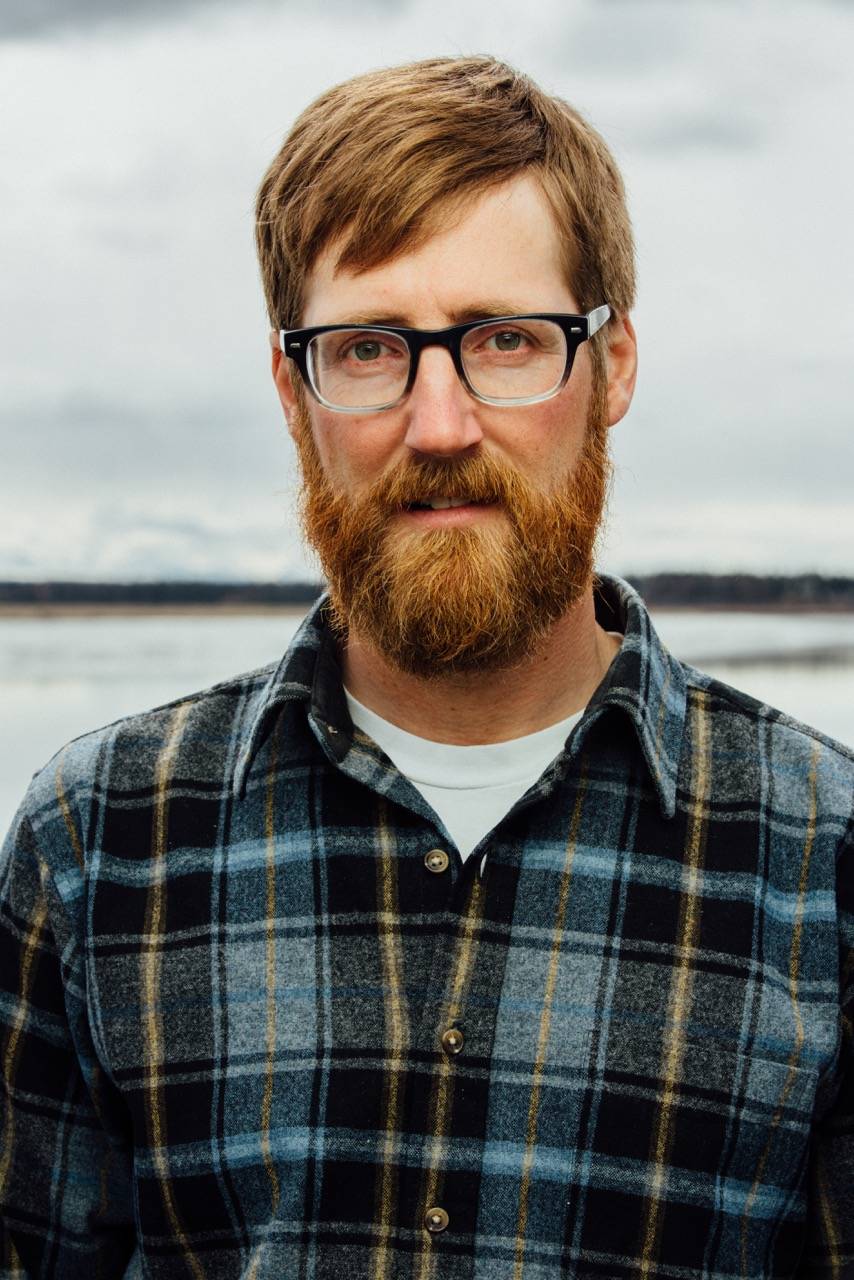In sitting down to write this installment of the UAS Sustainability Committee’s monthly column, I’m taking a break from my preparations for the annual invasion of my neighborhood with hundreds of ghouls and goblins. In thinking about our Halloween decorations and researching how best to terrify the children who will knock on my door tonight, I stumbled on a short NBC Nightly News television segment about an elaborate haunted house in Pennsylvania. While the horrors there are carefully crafted, the reporters were really interested in the setting as a means to posit a timely question: what’s scarier — climate change or a haunted house? Would you be surprised to learn that their investigation suggests that most people say a haunted house?
The report notes that the crafty designers of this penitentiary-turned-funhouse excel at activating immediate sensory terrors, tapping into our fight-or-flight instincts. In contrast, as the experts on climate change note, we aren’t accustomed to dealing with horrors on the time scale that climate change forces us to consider, so we simply ignore the slow-rolling disaster. I often remind my students that polling work from the Yale Program on Change Communication suggests that in any given week only 4 percent of Americans hear a friend or relative talk about climate change.
In theory, our head-in-the-sand response to the ever mounting scientific evidence and predictions of climate catastrophe should be harder and harder to sustain, but somehow, the more scientific data we encounter, the less will for social change we seem able to generate. To me, this suggests that climate change is as much a cultural problem as it is a data problem, one that’ll require thinking across the boundaries between the sciences and humanities. And to me, this is why I’ve been a member of the UAS Sustainability Committee since its inception a decade ago. Working with this interdisciplinary group of faculty, staff and students has been rewarding precisely because it’s work grounded in practical actions that make our community a better place. Our meetings become a hopeful hour of discussion every few weeks, representing a break from an otherwise bleak media scape populated with tales of budget, climate and natural disaster.
That’s not entirely fair, as there are signs of hope everywhere, especially here in Juneau: the eight electric vehicles I counted crowding around the single charging station at UAS yesterday; the sophisticated thinking the Juneau Commission on Sustainability has put into the Juneau Renewable Energy Strategy; tonight’s UAS Evening at Egan lecture featuring Kate Troll discussing her new book on hopeful cultural changes in response to climate disaster; next Tuesday’s Power and Privilege Symposium at UAS, where our committee will sponsor two panels responding to the inequities of climate change’s impacts. I could go on, but perhaps most notably from my perspective as faculty, I see countless signs of hope in the classroom.
Increasingly, these class discussions of climate change begin with the idea that, to borrow the title from Naomi Klein’s excellent 2014 book, “this changes everything,” including seemingly “natural” categories like environment and human. Students realize we need to rethink the categories and we need to find new ways of living with each other and the non-human world around us. This is the work we’re engaging with at UAS. This is work students are particularly well positioned to do, but we can’t do it alone. It requires a community.
So consider this your formal invitation to join us this spring semester. My English 303 “Literature and Environment” or Humanities 372 “Salmon, Sport and Society” are good places to start, but my colleagues are also doing this work in Alaska Native Studies, Anthropology, Biology, English, Environmental Science, Geography, Outdoor Studies, Sociology and Writing. The spring course schedule is online and you’ll find several options to help us shape discussions about the communities we want to live in, the ways we use our limited energies and the future we want, which from my perspective, necessitates considering scary climate futures head-on, with eyes wide open.
Now if I could just find my fog machine so I don’t have to terrify the children by enumerating the threats global warming presents to cocoa-producing regions.
• Dr. Kevin Maier is Associate Professor of English at the University of Alaska Southeast and lives in Juneau. “Sustainable Alaska” is a regular column, appearing on the first Friday of every month. It’s written by UAS Sustainability Committee members who wanted to promote sustainability. The views expressed here do not necessarily represent the views of the University of Alaska Southeast.

